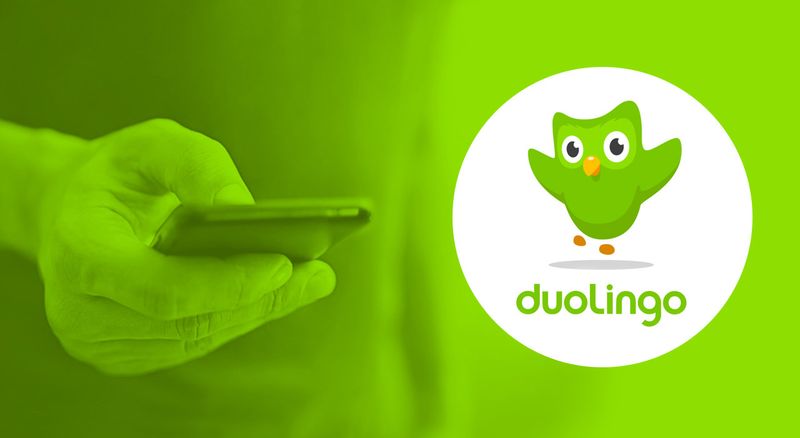In this article, we’ll tell you how to learn mathematics with Duolingo. Just as English can be learned as a second language through constant training, mathematics can be mastered under the same logic.
Duolingo seeks to replicate its successful teaching formula, but this time focused on numbers, through a new app that will be released at a later date.
Duolingo prepares an app to learn mathematics
Duolingo’s suite of applications and services will grow, incorporating to the family a new application, focused on children, to learn and practice mathematics.
The news was announced by Duolingo’s CEO, Luis von Ahn, in an interview with TechCrunch, in connection with the company’s recent IPO.
The statements made by the executive of the company behind the famous app were limited only to confirming the existence of the project, without providing further details, since the new application is in an early stage of development.
How to learn mathematics with Duolingo?
Further details about this project will be communicated publicly on August 20, during the 2021 edition of Duocon, a free and open conference in which Duolingo presents its main novelties for the coming season.

The aforementioned TC report, along with von Ahn’s statements also presents additional background information. It mentions that in May, Duolingo posted an ad seeking a learning scientist with a Ph.D. in mathematics to help build a new math app along with a “small cross-functional team.” Even Bozena Pajak, Duolingo’s director of learning and curriculum, made this call visible through her Twitter account.
According to what is mentioned in the published call, eventually, this application will focus on catering to younger learners. The announcement mentions that Duolingo is looking for applicants who have classroom experience and who possess knowledge about teaching K-12 mathematics, especially with younger students, between 3rd and 8th grade.
Referencing an earlier story, the TC article likewise mentions that von Ahn has always said that he and Duolingo co-founder Severin Hacker were thinking of initially making a math app, before ultimately opting for language-assisted learning.
So far, there have been divided reactions among the app’s users. Reactions from users who are more committed to the app were not long in coming. While there are people who celebrate the initiative, there are also users who complain that this energy is not focused on solving problems that the Duolingo app presents with the teaching of some languages in particular, as can be read in the platform’s forum.
At first, glance, as this is a new area in which Duolingo will venture, the proposal looks interesting. However, the lack of background information prevents us from making a more thorough judgment for the moment, at least until we know its interface and whether its business model includes subscriptions, a free plan, or other options.





